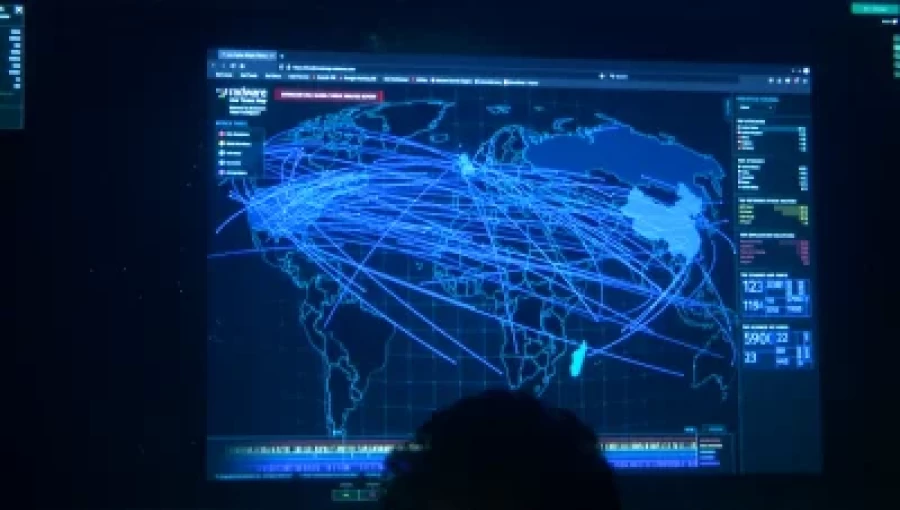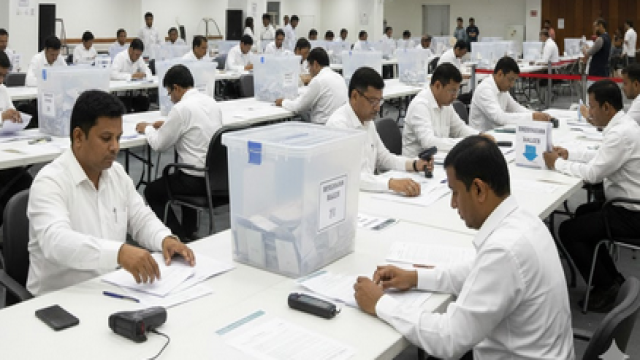Dhaka, July 29– Amidst the country's internet shutdown and unstable state, critical websites of state organizations, including banks, stock markets, and financial institutions, have fallen victim to a series of cyber attacks. These incidents have exposed vulnerabilities in the country's cyber policies, infrastructure, and awareness, with the proliferation of harmful mobile apps, such as free VPNs, exacerbating the problem.
On July 22, a hacking group named "Hacking by the Resistance" gained control of Bangladesh Bank's website. Similar breaches were observed on the websites of several other key state organizations around the same time.
While some websites, including that of the central bank, have been reclaimed from the hackers, financial institutions and the stock market continue to suffer from cyber attacks. The Dhaka Stock Exchange website, for instance, was closed on Friday and Saturday as a precaution against potential cyber threats.
IT security experts reveal that hackers have used various spam messages and malicious payloads to infiltrate systems. They took advantage of the lack of internet and the country's unstable conditions to launch their attacks. Notably, most of these cyber attacks originated from the UK, with additional attacks traced to China, India, Ukraine, and Hong Kong.
IT expert Tanveer Hasan Joha explained that hackers can be categorized into two groups: local hackers and expatriate hackers. "Many sophisticated tools can be purchased abroad using cryptocurrency. These tools are capable of attacking any infrastructure," he noted.
Joha also highlighted the increased frequency of cyber attacks at night. He emphasized that financial institutions, particularly banks, have been primary targets. "In this state of crisis, we have witnessed significant attacks even during internet outages. Hackers prepare in advance and launch visible attacks as soon as the internet is restored," he said.
The shutdown of social media has led to a surge in the use of VPNs, which in turn has heightened the risk of cyber threats. Another technology expert warned that indiscriminate use of free VPNs can compromise entire networks, placing connected organizations at risk.
Experts stress the urgent need for financial institutions to develop their own VPNs to safeguard their networks. "If we don't implement smart policing, these technologies may become more of a disadvantage than an advantage, potentially resulting in substantial losses," Joha cautioned.
Furthermore, experts urge organizations to adopt more robust and professional practices in information and data protection. Proactive measures and increased awareness are essential to mitigate the risks posed by cyber attacks and ensure the security of critical infrastructures in Bangladesh.
As the country grapples with these challenges, it is crucial for state organizations to fortify their cyber defenses and enhance their preparedness against future threats.






























Comment: